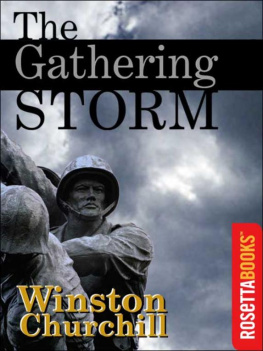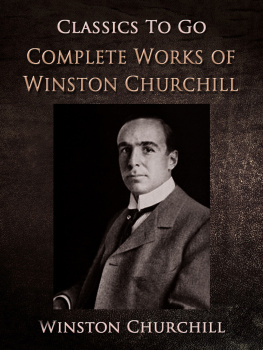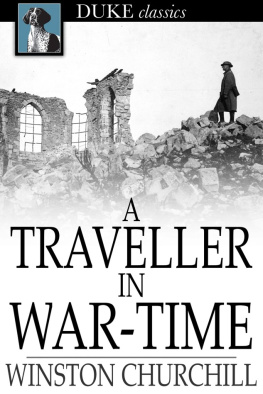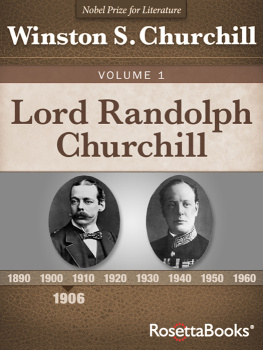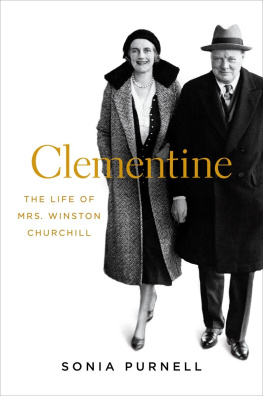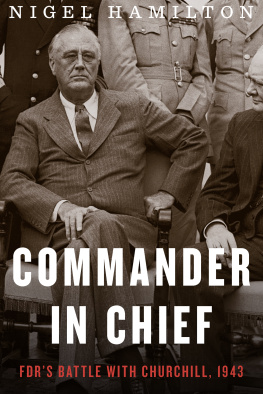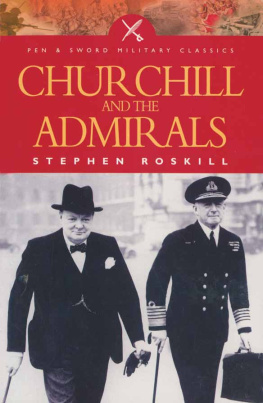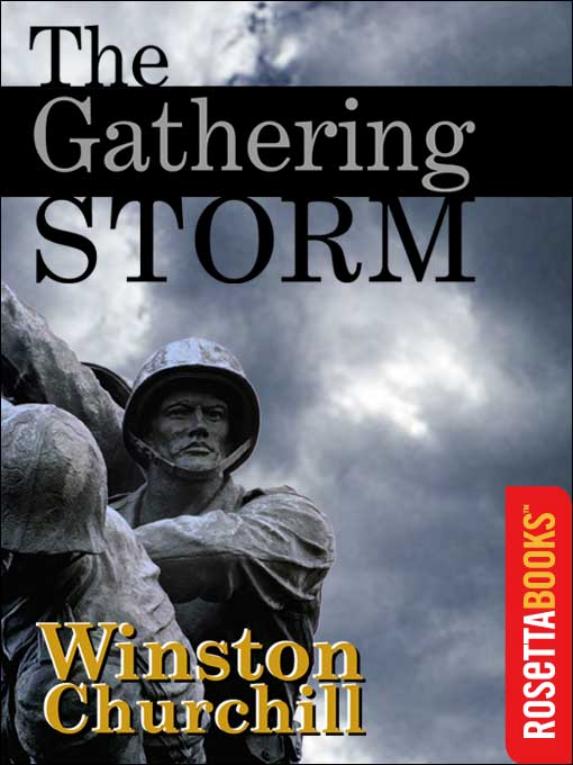
| eForeword |
One of the most fascinating works of history ever written, Winston Churchills monumental The Second World War is a six-volume account of the struggle of the Allied powers in Europe against Germany and the Axis. Told through the eyes of British Prime Minister Winston Churchill, The Second World War is also the story of one nations singular, heroic role in the fight against tyranny. Pride and patriotism are evident everywhere in Churchills dramatic account and for good reason. Having learned a lesson at Munich that they would never forget, the British refused to make peace with Hitler, defying him even after France had fallen and after it seemed as though the Nazis were unstoppable. Churchill remained unbowed throughout, as did the people of Britain in whose determination and courage he placed his confidence.
Patriotic as Churchill was, he managed to maintain a balanced impartiality in his description of the war. What is perhaps most interesting, and what lends the work its tension and emotion, is Churchills inclusion of a significant amount of primary material. We hear his retrospective analysis of the war, to be sure; but we are also presented with memos, letters, orders, speeches, and telegrams that give a day-by-day account of the reactions-both mistaken and justified-to the unfolding drama. Strategies and counterstrategies develop to respond to Hitlers ruthless conquest of Europe, his planned invasion of England, and his treacherous assault on Russia. It is a mesmerizing account of the crucial decisions that have to be made with imperfect knowledge and an awareness that the fate of the world hangs in the balance.
The Gathering Storm is the first volume of The Second World War. In some ways a continuation of The World Crisis, Churchills history of World War I, The Gathering Storm is his attempt to come to grips with the terrible circumstances that gave rise to Nazi Germany and a second, even more destructive world conflict. As he notes in his preface, Churchill was perhaps the only person who held such prominent positions of power in both world wars, so he is remarkably well-qualified to tell the tragic story of war to peace to war. The Gathering Storm considers the stipulations and consequences of the Treaty of Versailles, the rise of Adolf Hitler, the capitulation at Munich and the entry of the British into the war. The volume is pervaded by Churchills somber feeling that the Second World War was largely a senseless and avoidable conflict, but it sets the stage for the heroism and glory that are to follow.
Churchill won the Nobel Prize for Literature in 1953 due in no small part to this awe-inspiring work.
RosettaBooks is the leading publisher dedicated exclusively to electronic editions of great works of fiction and non-fiction that reflect our world. RosettaBooks is a committed e-publisher, maximizing the resources of the Web in opening a fresh dimension in the reading experience. In this electronic reading environment, each RosettaBook will enhance the experience through The RosettaBooks Connection. This gateway instantly delivers to the reader the opportunity to learn more about the title, the author, the content and the context of each work, using the full resources of the Web.
To experience The RosettaBooks Connection for The Gathering Storm:
www.RosettaBooks.com/TheGatheringStorm

| Preface |
I MUST REGARD THESE VOLUMES of The Second World War as a continuation of the story of the First World War which I set out in The World Crisis, The Eastern Front, and The Aftermath. Together, if the present work is completed, they will cover an account of another Thirty Years War.
I have followed, as in previous volumes, as far as I am able, the method of Defoes Memoirs of a Cavalier, in which the author hangs the chronicle and discussion of great military and political events upon the thread of the personal experiences of an individual, I am perhaps the only man who has passed through both the two supreme cataclysms of recorded history in high Cabinet office. Whereas, however, in the First World War I filled responsible but subordinate posts, I was for more than five years in this second struggle with Germany the Head of His Majestys Government. I write, therefore, from a different standpoint and with more authority than was possible in my earlier books.
Nearly all my official work was transacted by dictation to secretaries. During the time I was Prime Minister, I issued the memoranda, directives, personal telegrams, and minutes which amount to nearly a million words. These documents, composed from day to day under the stress of events and with the knowledge available at the moment, will no doubt show many shortcomings. Taken together, they nevertheless give a current account of these tremendous events as they were viewed at the time by one who bore the chief responsibility for the war and policy of the British Commonwealth and Empire. I doubt whether any similar record exists or has ever existed of the day-to-day conduct of war and administration. I do not describe it as history, for that belongs to another generation. But I claim with confidence that it is a contribution to history which will be of service to the future.

